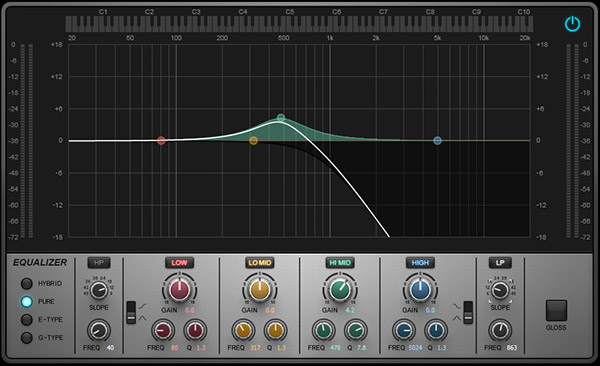Why Use Orange Drop Tone Capacitors
In our shop, we use the Orange Drop Capacitors for tone controls almost exclusively in ever job. Why choose Orange Drop capacitors for your instruments tone circuit? Check out this article published by Gibson that explains in detail why they are the choice of many top builders and repair techs. View our selection of Orange Drop Capacitors.
Source: Gibson.com
The Internet is a great source of information…and a great source of misinformation, even for something as seemingly simple as tone control capacitors.
Some of Gibson’s 2014 model year guitars use Orange Drop capacitors (Fig. 1). Stroll around the net, and some folks say Orange Drop capacitors are the magic ingredient for vintage tone, while others say “designer” capacitors are just hype—as long as the value meets the spec, it doesn’t matter what you use.

Fig. 1: Various Orange Drop capacitors
Actually, there’s a very good reason why Gibson chose Orange Drops, as well as other quality capacitors for the 2014 model year guitars…but it may not be the reason you think. We’ll explain why after we bust some myths.
Tone control capacitors roll off high frequencies. This is true, but it’s only half the story. When rolling a tone control all the way back, the capacitor forms a resonant circuit with the pickup that provides a midrange boost (Fig. 2). The volume control, cable, and amp can damp this peak somewhat; but feeding a high-impedance input (onboard preamp, buffer board, an audio interface’s high-impedance “guitar” input, etc.) retains this peak.

Fig. 2: To emulate the effect of a tone control with an equalizer such as Sonar’s QuadCurve EQ, it’s necessary to add a resonant peak—not just remove highs
All capacitors with the same value are the same. Nope. Even ceramic capacitors aren’t the same—there are two different ceramic capacitor classes, and the value can be consistent within 1% for expensive types or vary from +80/-20% for cheapos (as often found in knock-off guitars). Capacitance can also vary with frequency, temperature, and applied voltage; some ceramic capacitors are even somewhat microphonic. If your guitar uses a ceramic capacitor for its tone control and you think your guitar sounds different under stage lights then when you’re offstage, you’re probably right.
Different capacitors types don’t affect tone because they’re not in the signal path to the output. This assumes that tone control caps only roll off high frequencies, but we’ve already shown that’s wrong. The resonant peak created by the capacitor definitely affects tone, and if the capacitor value is inconsistent, that peak can have a different frequency.
Replacing a high-quality modern capacitor with a “vintage” capacitor can have a profound effect on tone. This may very well be true—but only because the values are likely slightly different, thereby creating a different resonant frequency when paired with your pickup.
People like Orange Drop capacitors because of the placebo effect. Actually, there’s a technical reason for choosing Orange Drop capacitors. Sprague was a leading name in capacitors, and in the mid-20th century produced capacitors for industry, the military, and aerospace. The Orange Drop capacitor line introduced in the 60s heralded the capacitors of the modern era—with stability, resistance to temperature variation, low moisture absorption, excellent characteristics in AC circuits, no microphonics, and other desirable attributes. (The technology can also handle high voltages, making them well-suited to tube amps.) Cornell Dubilier (CDE), another high-quality capacitor manufacturer, acquired the Orange Drop line from Sprague in late 2012.
For Gibson’s guitars, Orange Drop capacitors provide the stability and precision—therefore, consistent tone—that professionals expect. Other precision capacitors would be suitable, but Orange Drop capacitors have a well-deserved reputation for quality that has proven itself for close to half a century. With a track record like that, Orange Drop capacitors were consistent with Gibson’s intention to make the 2014 line of guitars and basses the finest musical instruments Gibson has ever produced.
